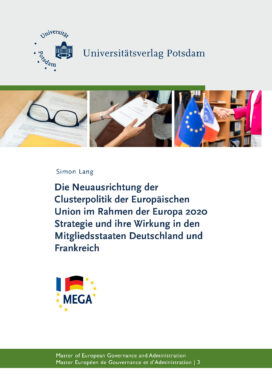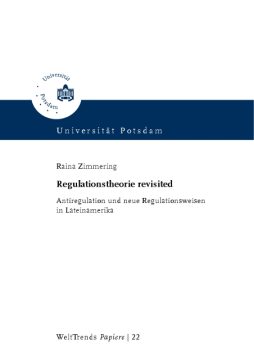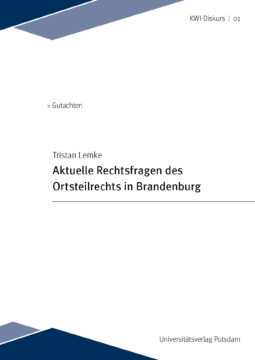Cluster policy as a policy area at the interface of industrial, innovation (R&D) and regional policies firstly emerged in the mid-1990s in some EU member states, including Germany. The corresponding development only started around 10 years later in France. The European level also began to deal more intensively with clusters and cluster policy in the mid-2000s in relation to the Lisbon strategy. A systematic policy approach has been developed from 2008 onwards.
The impetus for creating a cluster policy in Europe just did not come from the EU level. Even if the policy field “EU cluster policy” has undergone significant changes in the course of the Europe 2020 strategy, the member states’ policies have not yet been coordinated by the EU level and – as far as can be seen – the EU has not attempted to do so. The EU cluster policy can be seen rather complementary and supportive of national policies.
The paper shows that the three arena of cluster policy EU, Germany and France emerged and developed largely independently of one another. Each arena followed its own logic, determined by different institutions, contexts, traditions and path dependencies. Both the vertical and the horizontal degree of integration is low between the EU and member states in this respective policy area. Intertwining patterns are just about to emerge. However, policy transfer or even policy learning processes between the three arenas EU, Germany and France can are already be recognized.
There are clear differences in the cluster policies of France and Germany. In Germany, cluster policy is primarily designed and implemented at the regional level, while in France it is still controlled by the central government – albeit with increasing conceptual participation at the regional level. The realignment of the EU cluster policy as part of the Europe 2020 strategy received a much stronger response in France than in Germany.
The rationale behind the measures of EU cluster policy related to the Lisbon strategy was to improve the ability to innovate – the rationale behind the measures of cluster policy within the framework of the Europe 2020 strategy lies in the modernization of Europe’s industrial base through the development of new value chains. In this respect, EU cluster policy has undergone considerable change.





